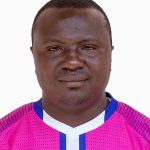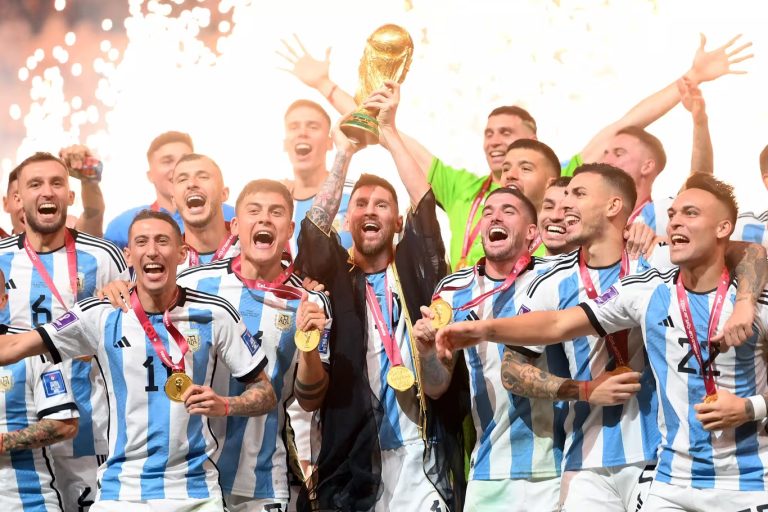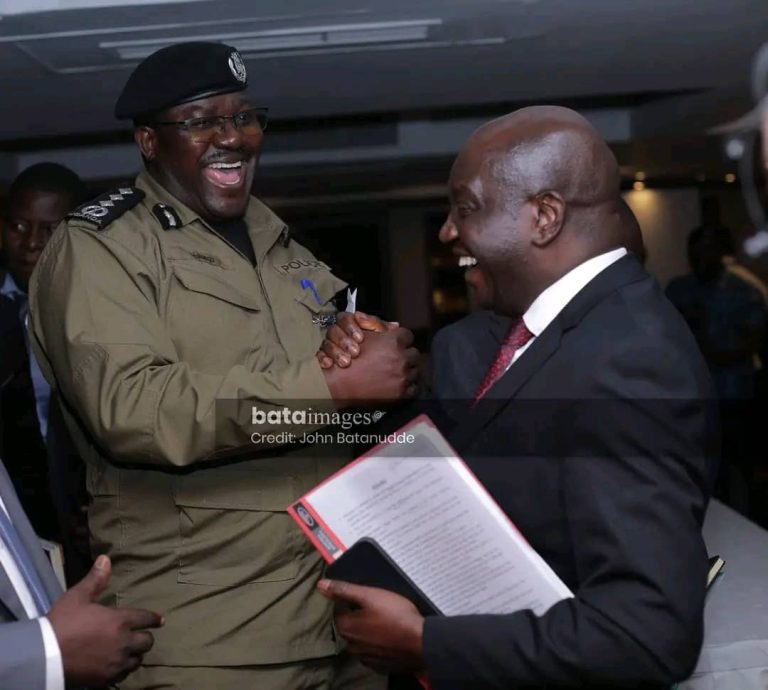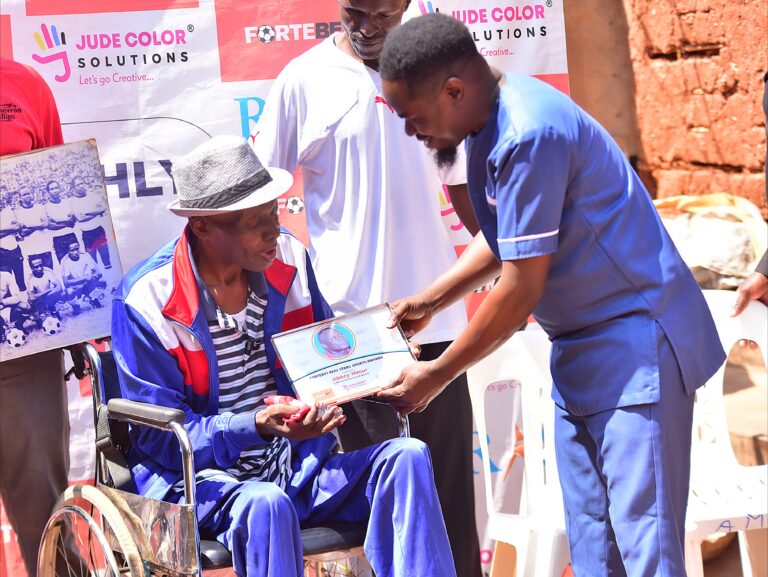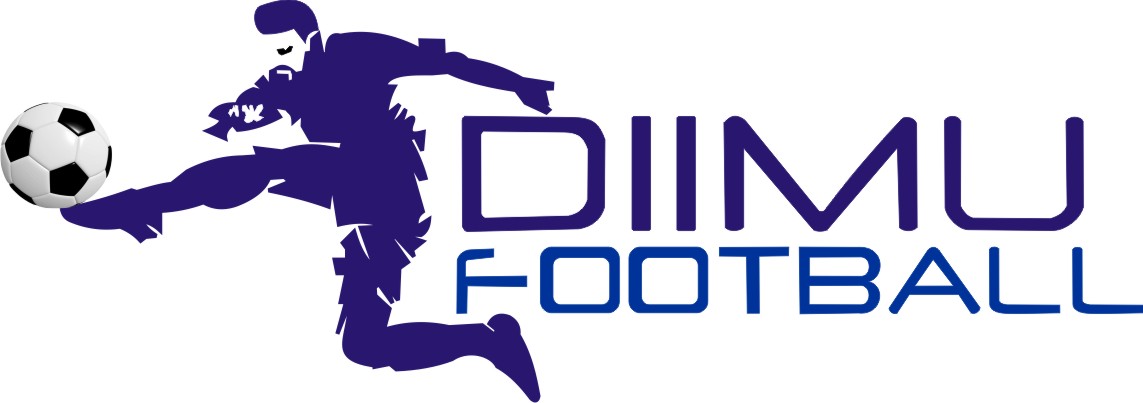
Diimu Football: ‘New’, Interesting Game Set To Join The Sporting World
Uganda will go down in history if the lively dream of three youthful and courageous men, Ddamulira Henry, Kalumba Denis and Nsereko Musoke Isa, who founded “Diimu football”, comes true in the near future.
Born in Katadde village of Nangabo sub-county, Kasangati Town Council in Wakiso District, the three young men grew up together as friends, and have nurtured this new kind of football for years now.
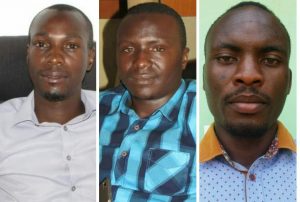
Diimu Football is a ‘newly born baby’ governed by the newly founded Federation of Uganda Diimu Football Associations, whose registration with National Council of Sports (NCS) is underway.
Brief Background:
The word “Diimu” was derived from a Luganda word commonly said as “Diimula”.
This game started, on a slightly remote scale, all the way from Uganda, a country found in Africa, and, as per the known record, is not being played anywhere else in the world.
The founders of this game wanted to bring something new to the sports fraternity and perhaps to get Uganda to be recognized world over for having brought something new on board, since many sports are founded outside Africa.
Diimu Football is like any other sport, and most likely similar to soccer, but the difference with this kind of sport is that it is played by two players on the pitch for each team, who play all the roles that would have been played by eleven (11) players when it comes to soccer, and it can be played by both men and women just like soccer.
Technicalities, plus Dos and Don’ts of the game:
This game is played on the pitch with a length of 80-100 yards and a width of 45-65 yards. The goal has a length of 8 yards and a height of 9 metres.
The game is played on a pitch with two divided sides/ halves, each measuring 25 yards.
The game takes 30 minutes to get done. These 30 minutes are divided into two halves, with each half taking 15 minutes, with a five (5) minutes recess after the first half.
The technical bench comprises of five (5) players. However, out of the 5, only three (3) can be used as substitutes in a game.
A player can be given either a yellow card or a red card depending on the referee’s assessment of the foul committed, but if a player has been awarded a red card and automatically goes out, the coach has a chance to select among the players on the technical bench to replace the red carded player.
A goal can be scored at any particular time from any place depending on the muscle of the player. For example, one can score a goal from goal to goal, and the goal is allowed.
How to WIN in a game:
The team that has out numbered the opponent in scoring goals takes the win, and that team pockets five (5) points. If there is no winner, that is, if they settle down for a draw of 0-0, 2-2, etc, they share the points, with each team taking two (2) points.
If the game is a decider, ten (10) minutes of extra time are added, where each half takes five (5) minutes, with a two (2) minute recess after the first half. If the teams fail to register a goal to separate them after the 10 minutes of extra time, they go straight to spot kicks.
When it comes to spot kicks, they are taken by players on the pitch, and they are the ones to be both the spot kickers and goal keepers, though the coach is at liberty to make changes.
Refereeing:
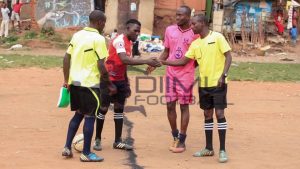
Diimu Football is officiated by two referees, with one in the center of the pitch and the second one being in charge of outside activities of the game, that is to say changing of players, adding minutes to the game, among other duties.
Despite it being a new sport, people have started falling in love with the game, and over ten (10) games have been held in different parts of the country.
Nsereko Musoke Isa, the co-founder of the game, has a lot of aspirations for this game, including registering the game to the Olympics, Commonwealth Games, setting up a Diimu Football League, a national team, and spreading the game to all the five continents.
“We shall never rest before this game is registered for the Olympics and Commonwealth Games. We also target to inaugurate a national league, national teams, and spreading the sport throughout the entire world,” Nsereko Musoke Isa ambitiously notes.



